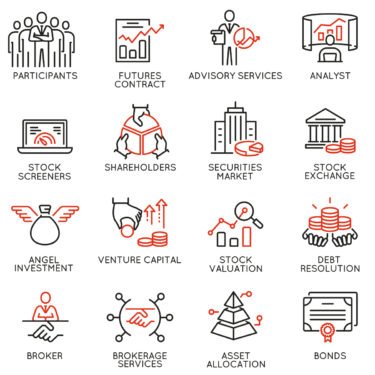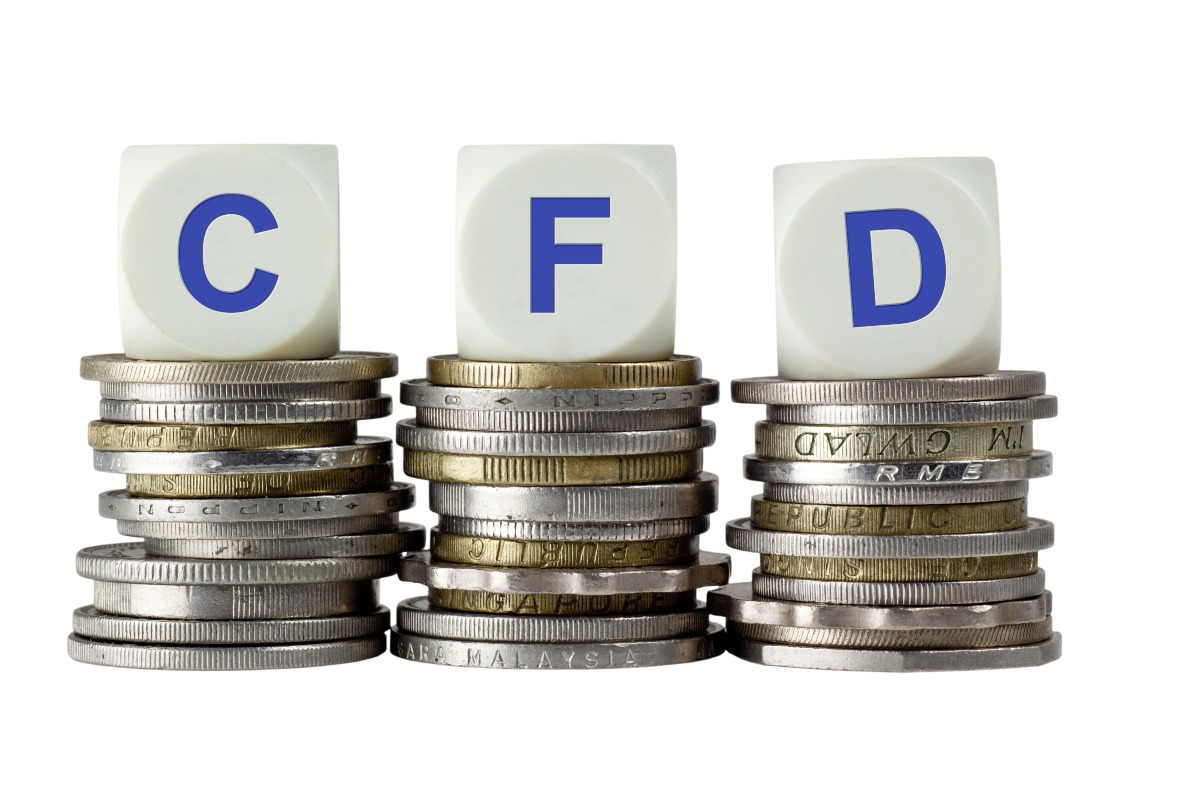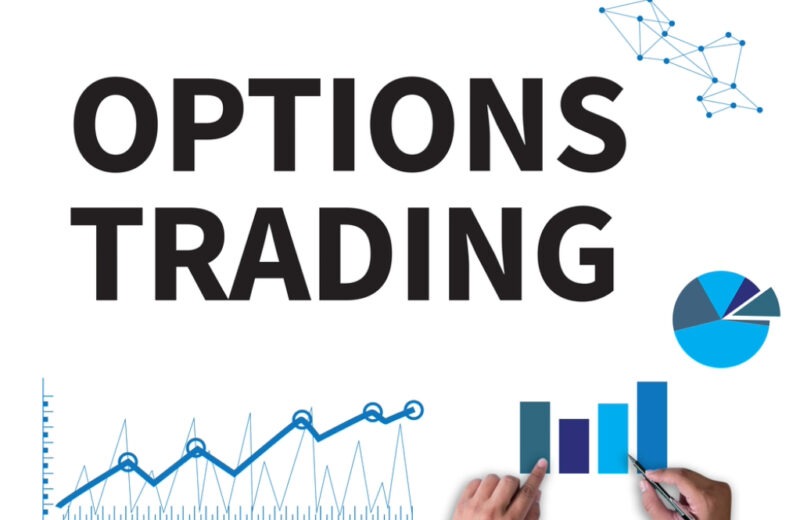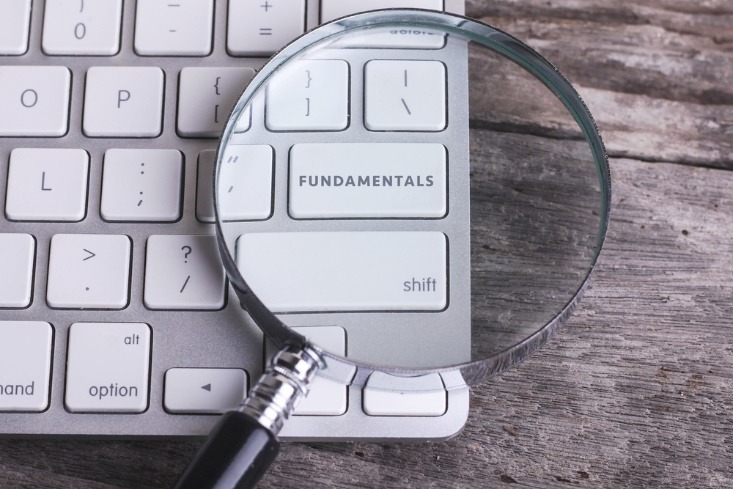Brokers are an essential part of completing a trade for most people. They are intermediaries between two parties, carrying out transactions and establishing contracts for them. For their services, they charge fees to both parties in various forms. They can either be individuals or large companies.
These brokers can help individuals who are not yet fully comfortable with trading, as they will, of course, know all the ins and outs of the business. They can also help the two parties negotiate with each other if emotions run high, because, as we have said, they act as intermediaries.
So, what criteria should you be looking for to check their credibility? How do you know which type of brokers is best for you? We will hope to answer some of these questions in the article below.
Factors that will affect your choice
There are several factors to take into consideration when finding what kind of broker you want.
So, first of all, you have to check your own needs and skills. There can be several components to this. How much time do you have on your hands? If you are doing this as a part-time gig, then it would be best to go for a full-time broker to help you with all the details. If you are planning to do this full-time, then it is best to find more stripped-down services. You should already study up on a lot of the knowledge they can offer you, which leads us to our next point. If you are completely new to trading and do not know where to go, then a full-time trader is probably best for you. If you know what you are doing, then, of course, we would recommend a discount trader.
So, what can the broker offer for you to consider?
What assets do they offer?
Well, first of all, you should be asking yourself what kind of asset you want to deal in; not every broker will deal in any asset. Whether you want to deal in contracts like CFDs or make direct trades. If we take the question even further, what market do they deal in? Pay attention if they offer markets that will have the asset you want.

Accessibility
You should check how easy it is to execute a trade through a broker’s platform. More importantly, you should check if they keep constant availability of the market, which has the asset you want to deal with. If they suddenly do not offer a market at a crucial moment, you may lose out on great opportunities.
The trading platform of a broker
You should check what kind of tools a broker offers through their platform, for analysing the market. While there are tons of public trading platforms available out there, many brokers offer their own designed platforms. See if you feel comfortable with their platform and if it suits your trading style. Check what kind of tools this platform gives you: the market indicators, tools for managing risk (limits on your order).
Charges
Brokers can charge you on your trades in several ways. They can take a spread on your trade. A spread is the difference in the price that they will initiate and finish a trade for you. This price will be slightly different from market prices so that they can ensure profit. The spread can either be fixed or can be a float (this type relies on market volatility). Fixed spreads tend to be more expensive, but floats can overtake them due to their lack of predictability.
They can also take commissions, which is either a set percentage of the trade or a flat fee for the service. The percentages do tend to be rather low, usually 1-2%.
Who regulates the broker?
You should always, always check if the broker is regulated. Any legitimate broker will be regulated by a central body which ensures that your broker is trustworthy and operates by certain guidelines.
Customer service
You should be checking how their customer service is. See what their reviews say, try to find someone else who has dealt with them, and what kind of profits they made. This is especially important with full-service brokers, as you will need to know how trustworthy their advice is. Make sure they will always be available to carry out your transactions. Find out how quickly their platforms work, if they have had any hiccups, and if you can contact them if you need to.
Bonuses offered
See if the broker offers any bonuses. These can be bonuses for signing up for the first time or for being a loyal customer. This last point is not essential, but it can be a nice perk if you can have it.

Types of brokers
Full-service brokers
These brokers offer one-on-one advice to their clients on tax, retirement, where to put your investments. This does not come cheap, obviously. You can find these types of traders online or at physical locations.
Discount brokers
Discount brokers contrast from full-service brokers. They operate rather simply. They carry out your transactions without questioning your choices and offering no advice. As such, their prices are lower than full-service brokers. These types of brokers operate almost exclusively online these days.
Dealing Desk broker
These brokers are straightforward with their charges, taking it by commission. They will either find another client to hedge against you or will hedge against you themselves. This is why people usually call them market makers, as they provide a market for all their clients. They do not tend to show you market rates as they truly are, you will have to seek these out yourself
No Dealing Desk broker
These brokers simply find another trader who will be ready to make a deal with you. They do not deal with the details of the trade. As their services are so simple, their commissions are quite low.
They can be further subdivided into straight through processing (STP) brokers and electronic communications networks (ECN) brokers. STP brokers take you to the other party automatically, without any real human involvement, and their prices are rather standardised. They show a whole range of possible traders for you. ECN brokers give you the option of trading with several clients they choose themselves. They deal with the trades a bit more hands-on so their services do tend to cost more, and are a little less standardised.
















